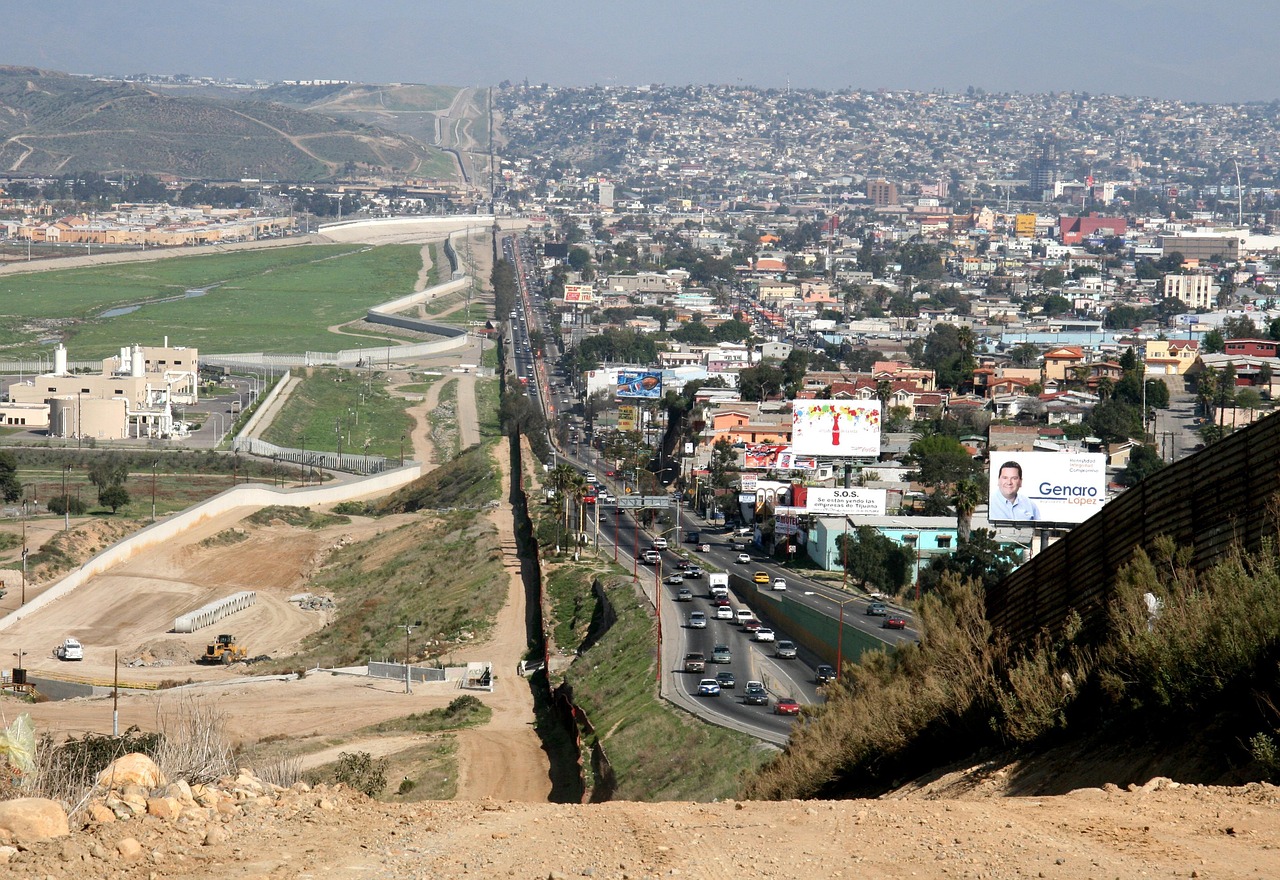The recent FinCEN alert on oil smuggling schemes along the US Southwest Border exposes a serious issue involving Mexican cartels. As these criminal activities become more complicated and large-scale, industry professionals, law enforcement, and legislators must comprehend the subtleties of such schemes. This alert sheds light on the sophisticated methods used by cartels and highlights red flags in the oil sector that stakeholders should be aware of to reduce risks. Furthermore, modern compliance technology is critical in detecting and stopping unlawful oil trading activities.
Unpacking the FinCEN Alert
Understanding Oil Smuggling Operations
Oil smuggling is a covert operation that involves illegally transporting oil across borders. Organized groups often orchestrate this activity, making it a sophisticated crime. According to the FinCEN alert, these operations utilize complex networks to elude detection.
Smugglers employ tactics such as falsifying documents and using shell companies. They often transport oil through legitimate routes to avoid suspicion. The alert highlights how these groups exploit regulatory loopholes, making it challenging for authorities to track their activities.
Understanding these operations is crucial. It enables stakeholders to implement more effective compliance measures. To remain vigilant, stakeholders must stay informed about the evolving methods employed by these groups.
Impact on the Oil Industry
The repercussions of oil smuggling extend far beyond illegal trade. For the oil industry, these operations lead to significant financial losses and disrupt market dynamics. The activities of Mexico-based cartels create an uneven playing field, impacting lawful businesses.
Oil smuggling erodes trust in the industry, undermining the credibility of legitimate firms when stakeholders engage in or overlook such activities. The financial impact extends beyond direct losses to increased compliance costs, as companies must invest in enhanced monitoring systems and staff training to detect and prevent illegal activities.
Identifying Oil Industry Red Flags
Key Indicators of Oil Smuggling
Identifying illegal oil trading involves recognizing certain red flags. These indicators serve as warning signs for potential illicit activities. The FinCEN alert outlines numerous red flags that stakeholders should be aware of.
Key red flags include a customer who is a small U.S.-based oil and natural gas company displaying unusually high-profit margins and transaction volumes, offering oil at prices below market rates, and executing wire transfers without the necessary EPA registrations. These are merely some red flags highlighted in the FinCEN alert, emphasizing the importance of stakeholders remaining cautious when engaging with new clients or suppliers.
Role of Mexico-Based Cartels
The FinCEN alert discusses how Mexico-based cartels are major players in oil smuggling. The Cartels illegally drill taps into fuel pipelines, stealing from refineries like Pemex. The stolen fuel is then sold to the United States through Mexican brokers, often mislabeled as “waste oil” or other supposedly hazardous materials.
Once the stolen crude oil has been delivered, U.S. importers sell it at high discounts on the U.S. and global energy markets. Law enforcement estimates that each oil tanker shipment can generate over $5 million in profit for the U.S. importers.
The stolen crude oil is paid for via domestic and international wire transfers to U.S. importers. The U.S. importers then send wire transfers to the U.S. and Mexican companies controlled by the Mexican brokers. The brokers then pay the Cartels their share of illegal profits to Mexico.
Leveraging Truth Technologies for Compliance
Compliance technologies are vital in combating oil smuggling. These tools enhance the ability to detect and prevent illegal trading activities. They offer industry professionals a way to maintain regulatory compliance effectively. This is especially important in alignment with regulations such as the Bank Secrecy Act (BSA) and through the filing of Suspicious Activity Reports (SARs).
Advanced technologies, such as those offered by Truth Technologies, provide sanction screening, AML, and KYC tools. Truth Technologies Sentinel™ helps identify patterns that are indicative of illegal activities. By automating compliance processes, Sentinel™ helps reduce human error and increase efficiency.
Investing in compliance technologies is a proactive step. It ensures that companies remain compliant with regulations and protect themselves against legal repercussions. These tools are indispensable in the fight against oil smuggling.
For more information, visit our website and schedule a personalized demo today.




